The automotive landscape is in the midst of a profound transformation, characterized by technological leaps, growing environmental consciousness, and ever-changing consumer preferences. Amidst this revolution, a generation gap has emerged, especially evident among Baby Boomers, who have long been synonymous with the evolution of car culture. At the heart of this generational divide are ten specific car models challenging established norms, ranging from compact electric vehicles to groundbreaking hybrids. These automobiles have become focal points for heated discussions among Baby Boomers, sparking debates on performance, design, and practicality. The clash of preferences within this demographic highlights the ongoing tension between tradition and innovation, shaping conversations about the future of transportation and exposing diverse viewpoints within a single generation
1. Tesla Model 3
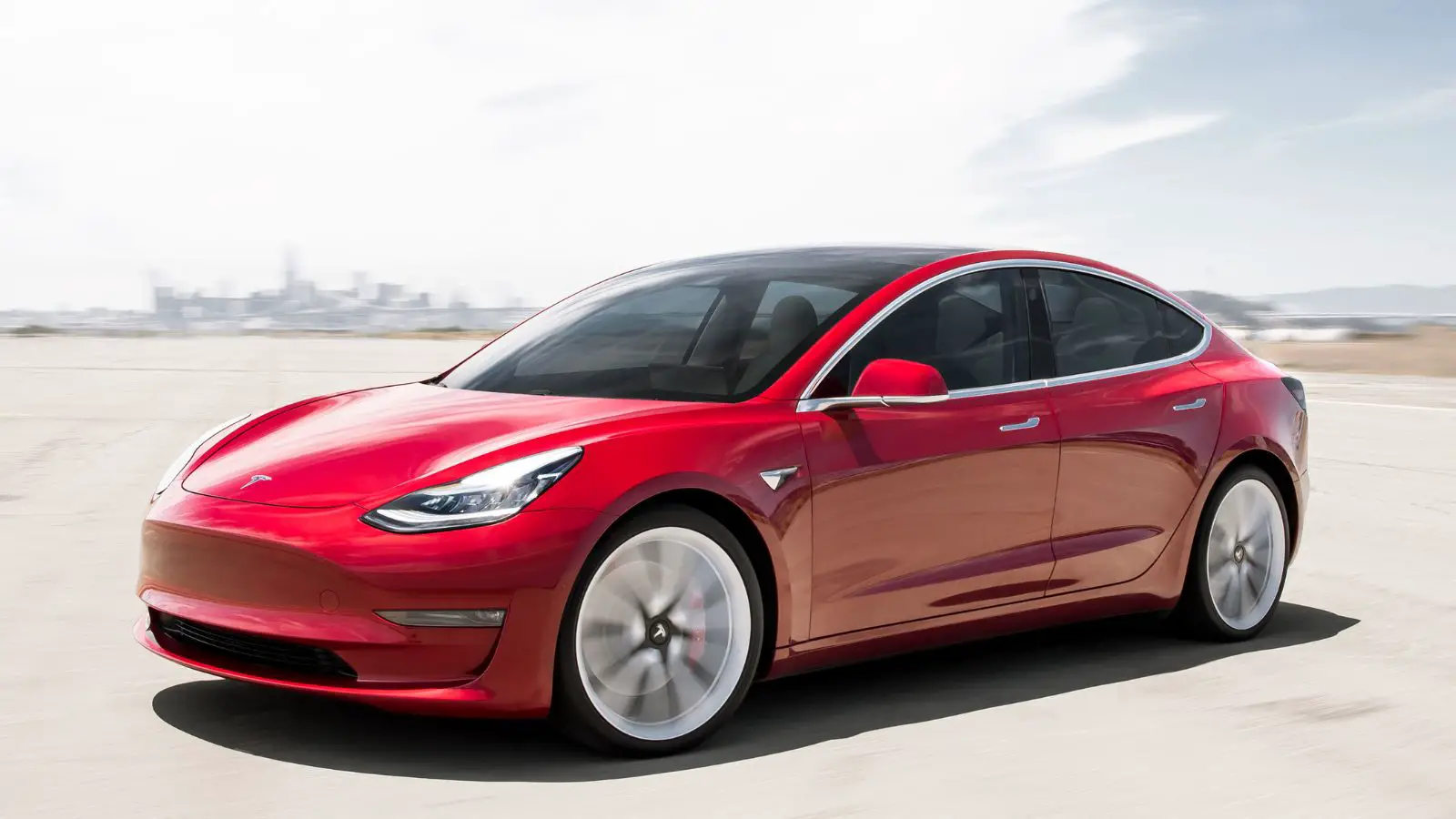
The Tesla Model 3 is an electric car that has been praised for its performance and range. However, it has also been criticized for its high price tag and its lack of a traditional combustion engine. Boomers, who are used to driving cars with gasoline engines, may find the Model 3 to be too different.
2. Honda Insight
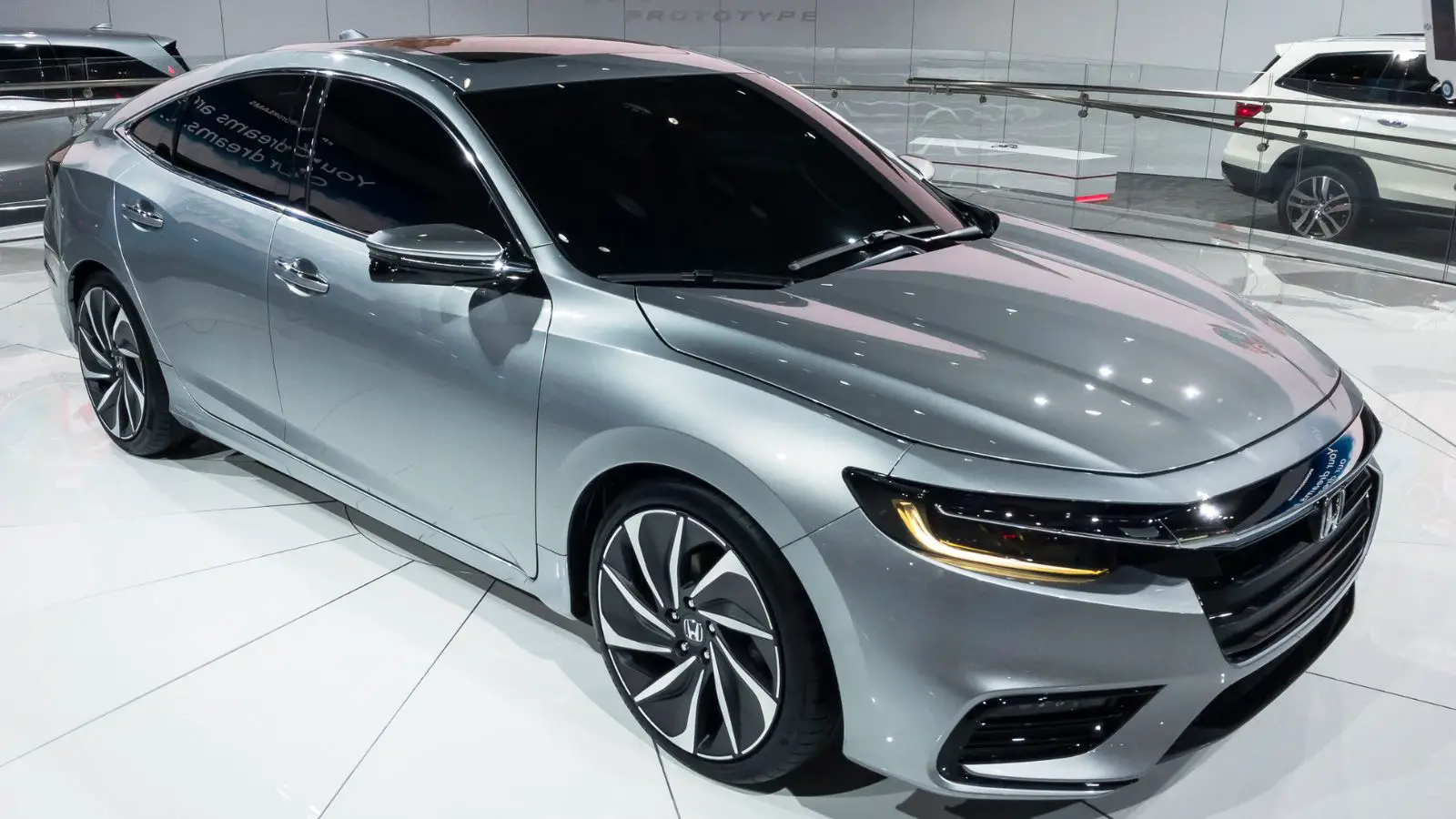
The Honda Insight is a hybrid car that has been praised for its fuel efficiency. However, it has also been criticized for its design, which some boomers find to be too futuristic. Additionally, the Honda Insight’s hybrid powertrain may not be seen as reliable or potent as a traditional gasoline-powered car.
3. Fiat 500
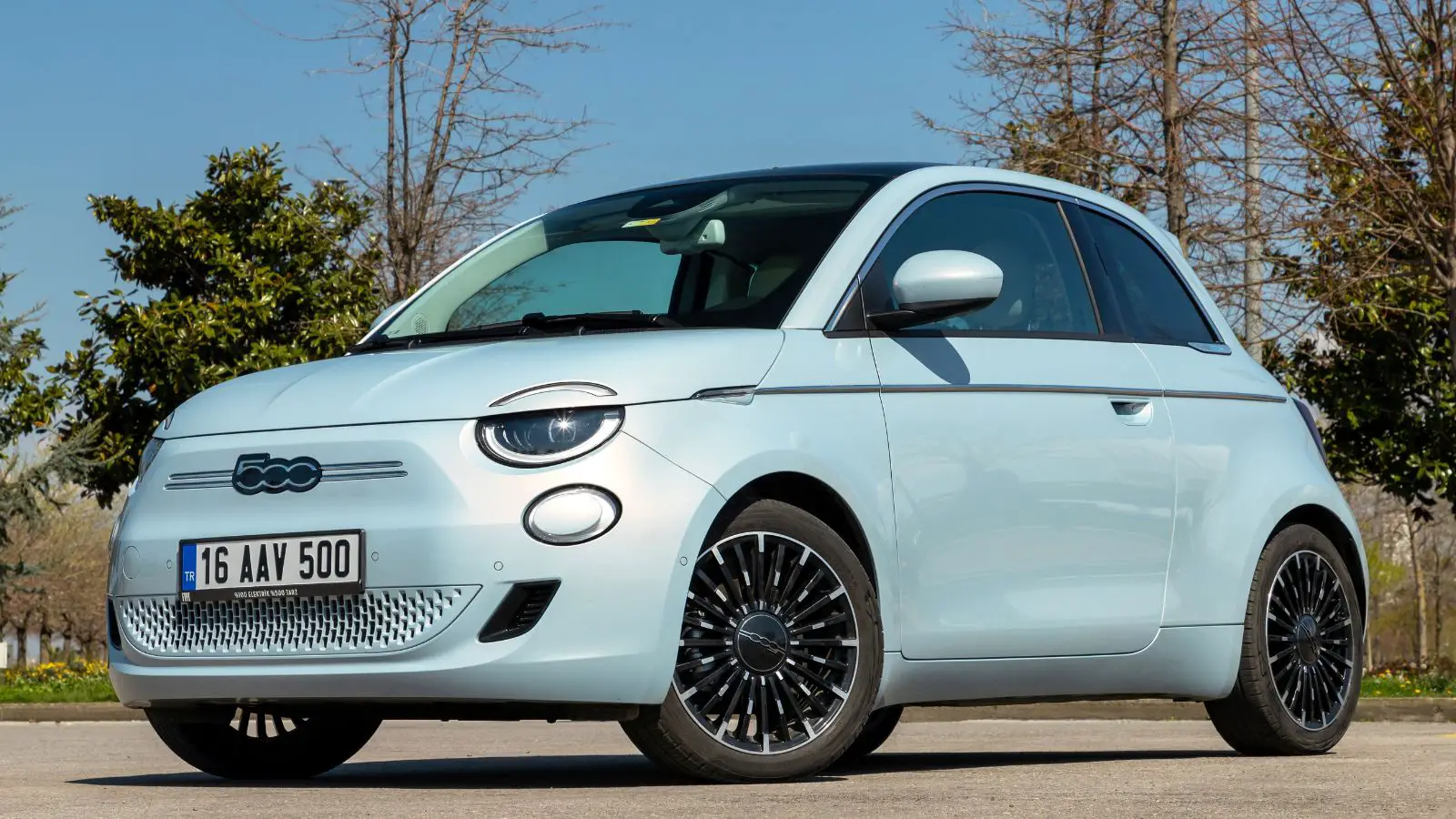
The Fiat 500 is a small car that has been praised for its fuel efficiency and its retro styling. However, it has also been criticized for its lack of space and its performance. The Fiat 500 is not known for its high-performance capabilities. It is designed more as a city car, which may not align with the preferences of boomers who enjoy cars with more power and acceleration for highway driving. While the retro design of the Fiat 500 appeals to many, some boomers may find it too reminiscent of older models they associate with the past. They may prefer more modern and contemporary car designs, which could influence their negative perception of the Fiat 500.
4. Smart ForTwo
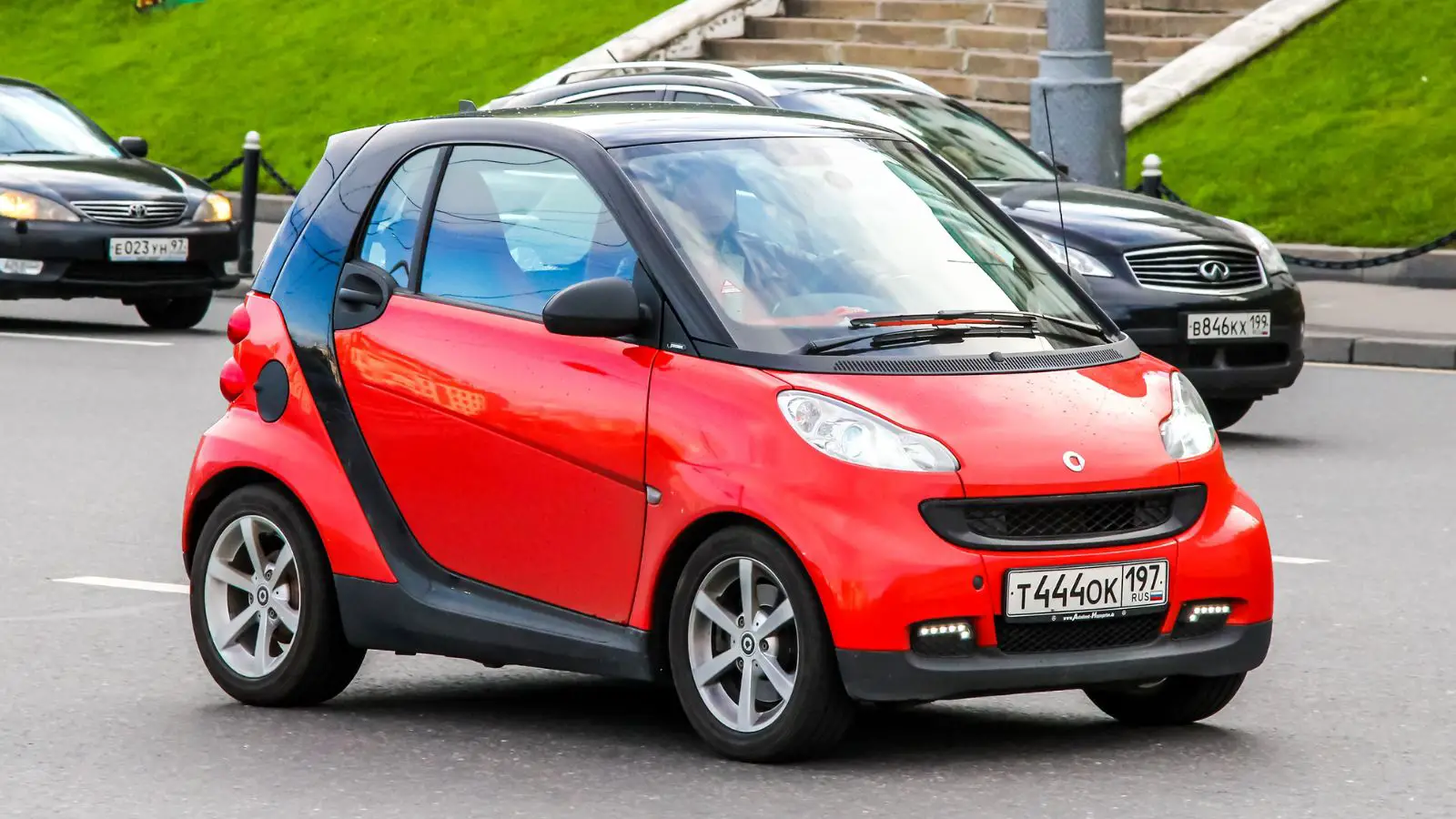
The Smart ForTwo is the smallest car on this list. It’s also the most polarizing. Some people love the ForTwo’s diminutive size and fuel efficiency. Others find it to be too small, too impractical, and too dangerous. Boomers might prefer vehicles that offer a more engaging driving experience, especially for longer trips or highway driving. They may value larger vehicles that offer more cargo space and seating capacity, as well as a feeling of safety on the road. The limited room in the ForTwo may not meet their expectations.
5. Mini Cooper
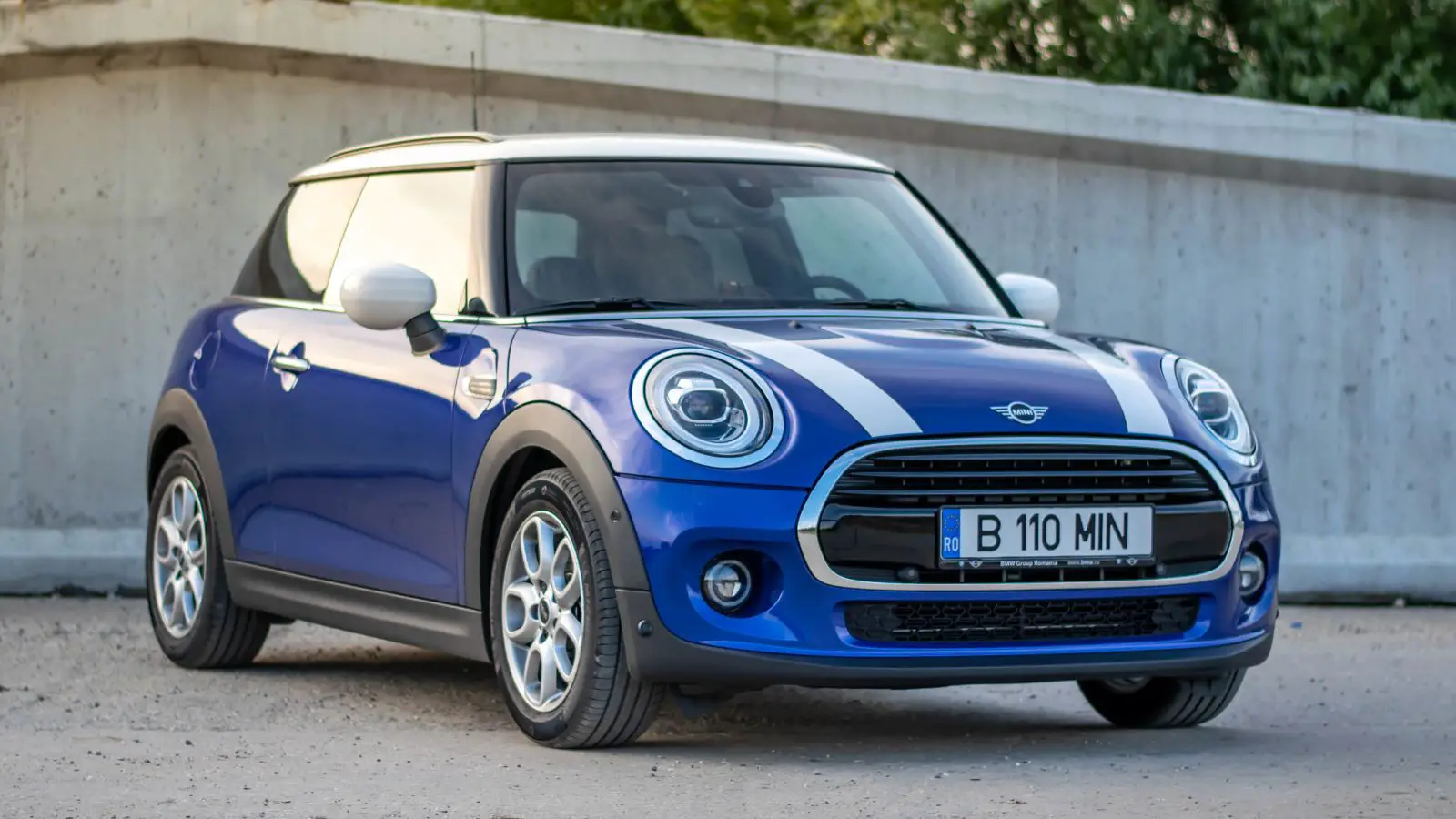
The Mini Cooper is a small car that has been praised for its handling and its retro styling. However, it has also been criticized for its lack of space and its performance. Additionally, boomers might also consider practicality and ease of access when choosing a car. The low seating position in the Mini Cooper, characteristic of its sporty design, may be less comfortable for individuals with mobility issues or those who prefer a higher driving position. Getting in and out of the vehicle could be more challenging for some boomers, which could be a deterrent for those seeking convenience and ease of use in their daily transportation.
6. Chevrolet Volt
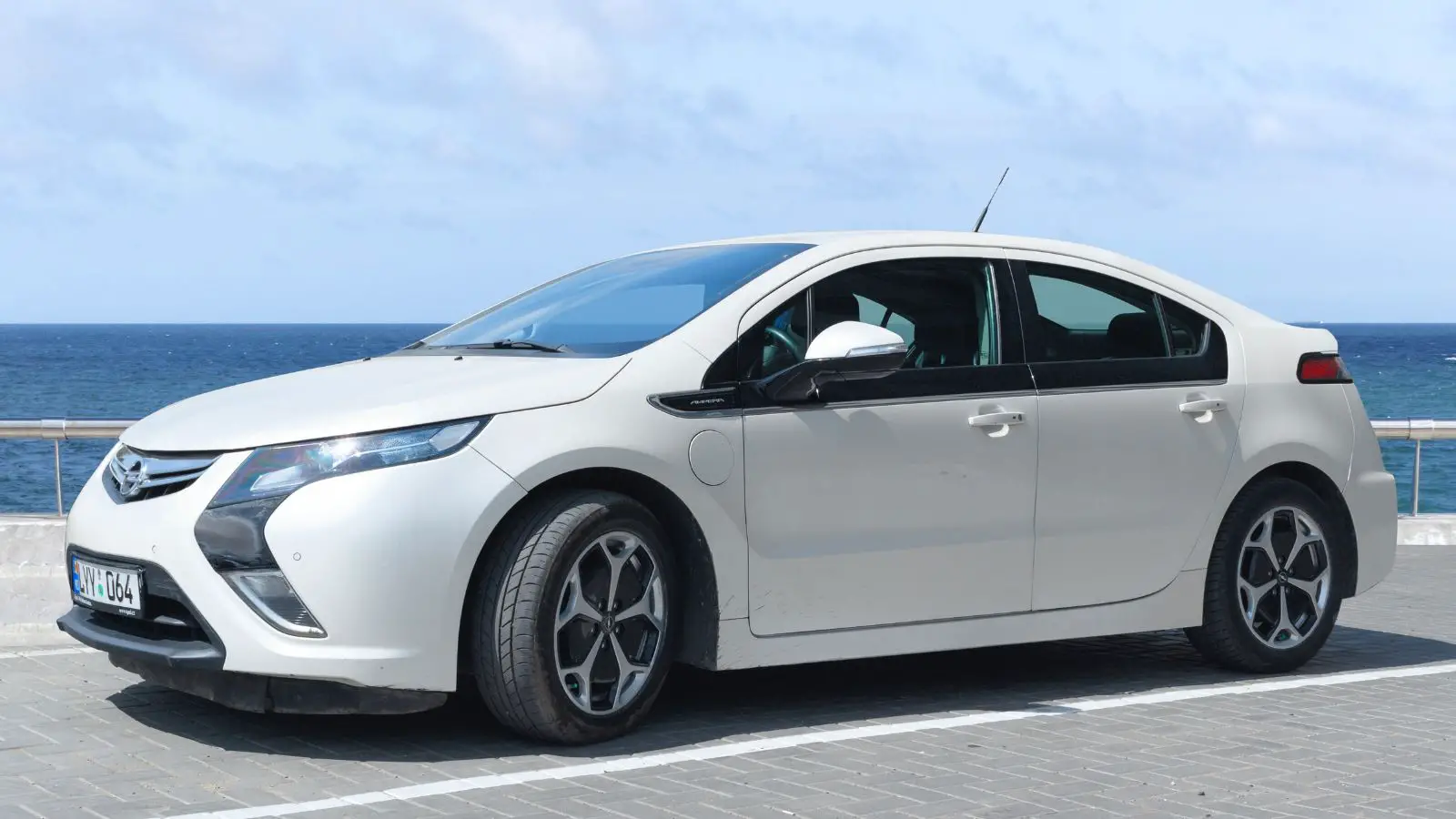
The Chevrolet Volt is a plug-in hybrid car that has been praised for its fuel efficiency and its range. However, it has faced criticism from the Baby Boomer generation due to its high price tag and its departure from the traditional combustion engine. Some Boomers find it hard to embrace the idea of an electrically driven vehicle, preferring the familiar roar of a gasoline engine. Additionally, the higher cost of the Volt compared to conventional vehicles may deter Boomers who are more budget-conscious.
7. Toyota Prius
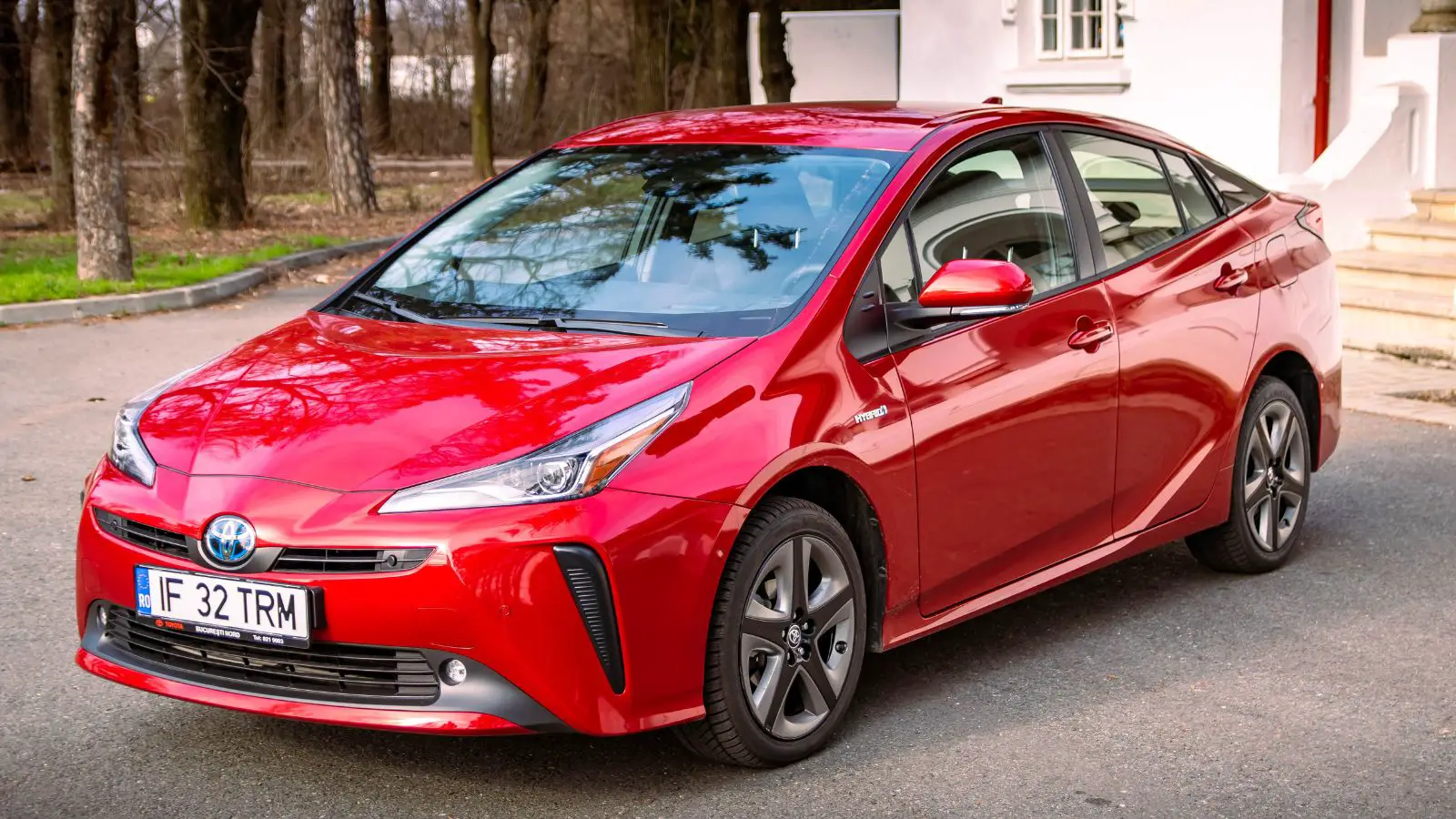
The Toyota Prius is a hybrid car that has been praised for its fuel efficiency. However, it has also been criticized for its design, which some boomers find to be too boring. Additionally, the Prius’s hybrid powertrain may not be seen as reliable or potent as a traditional gasoline-powered car.
8. Hyundai Veloster
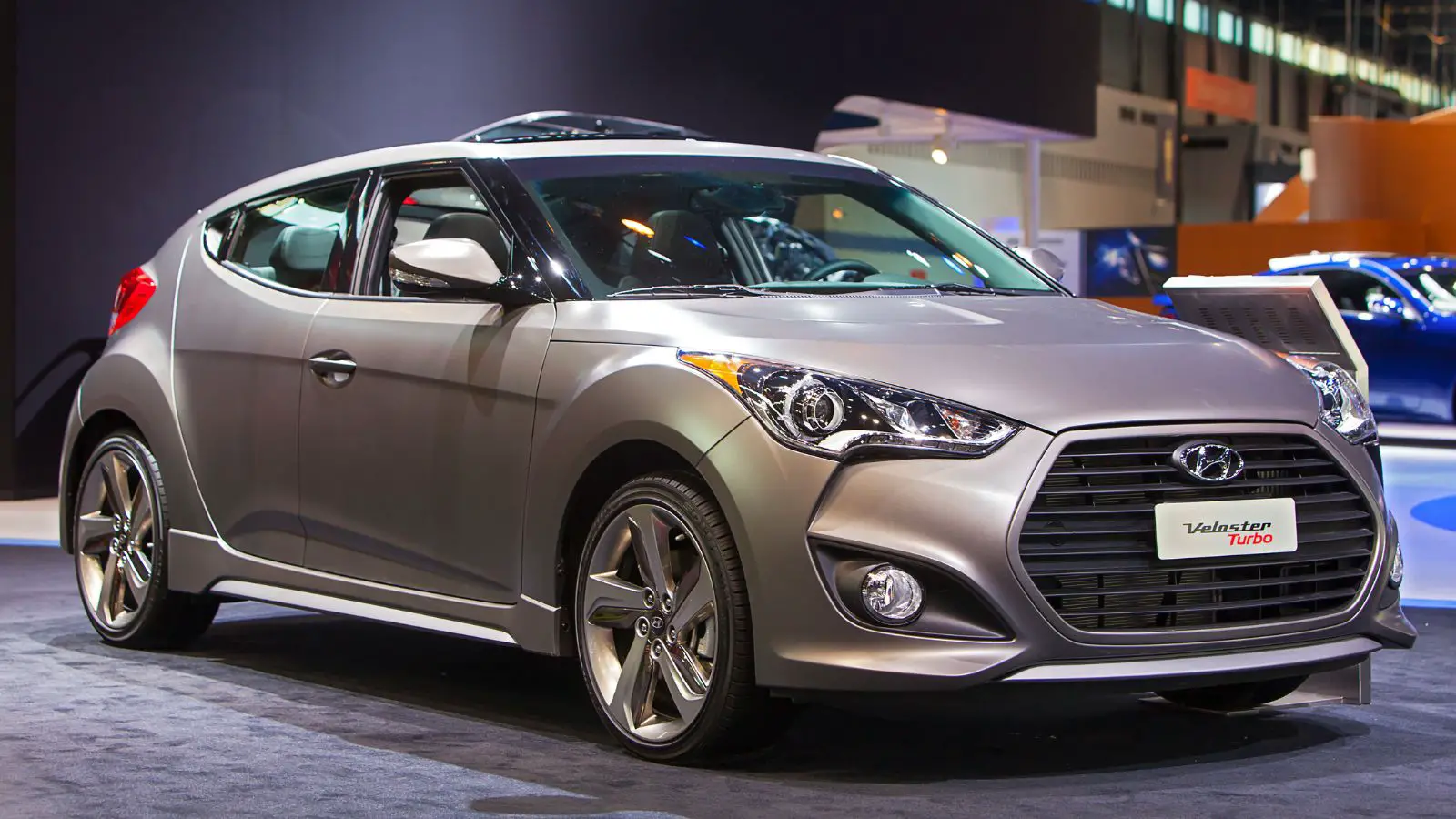
The Hyundai Veloster is a three-door hatchback that has been praised for its styling and its performance. Yet, it has encountered resistance from Boomers due to a couple of key factors. First, the Veloster’s limited interior space can be a deal-breaker for Boomers who prioritize comfort and practicality. Second, its reliability has been a concern for some members of this generation, who tend to lean towards vehicles known for their long-lasting durability.
9. Nissan Juke
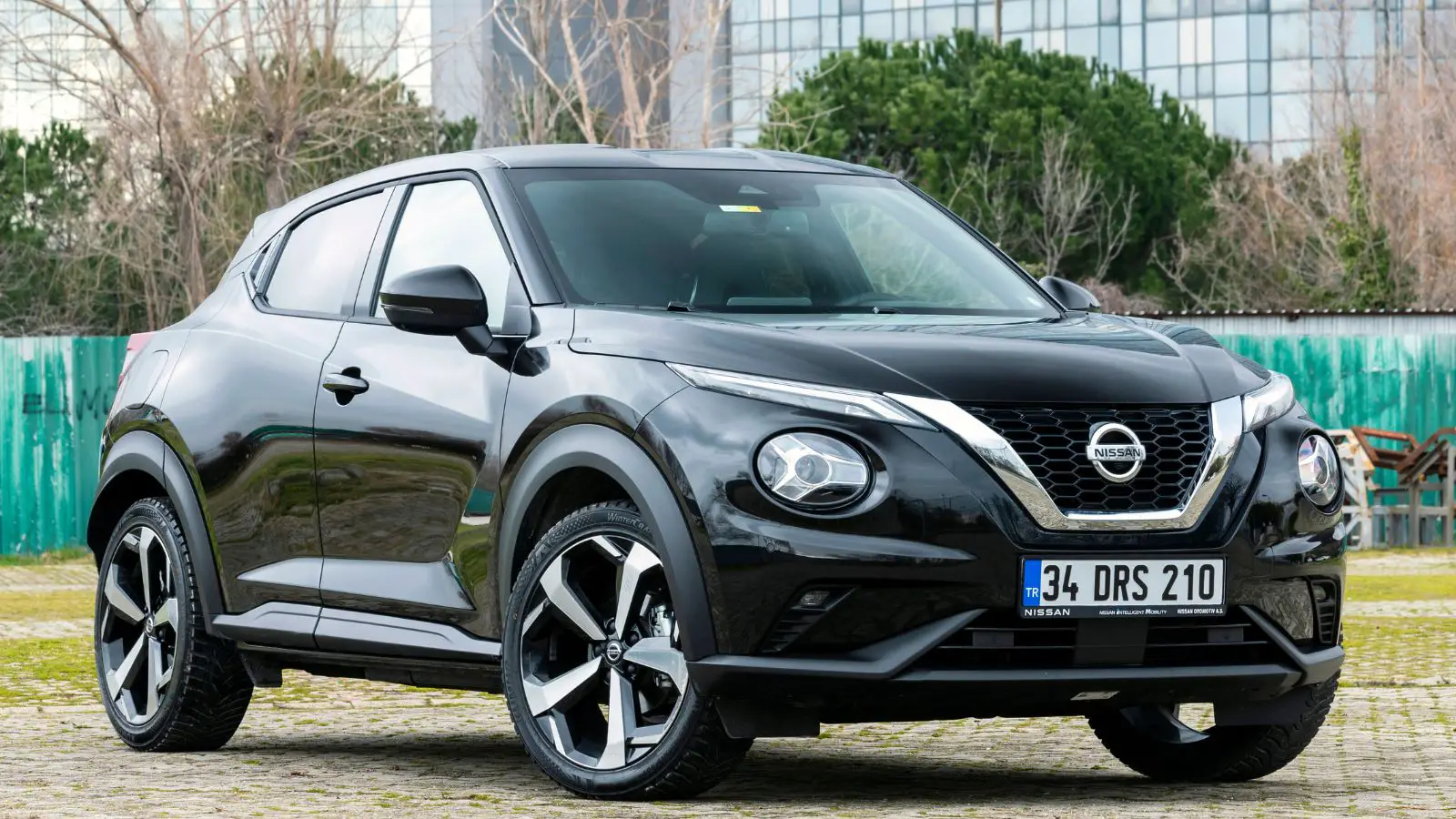
The Nissan Juke, a subcompact crossover, has received accolades for its eye-catching styling and impressive fuel efficiency. However, it has failed to win over many Baby Boomers who prioritize space and performance. The Juke’s compact dimensions limit its cargo and passenger capacity, making it less appealing for Boomers who often prioritize family and the ability to transport larger items. Furthermore, Juke’s performance, though sufficient for urban driving, may not meet the expectations of Boomers seeking a more powerful and engaging driving experience.
10. Mitsubishi Mirage
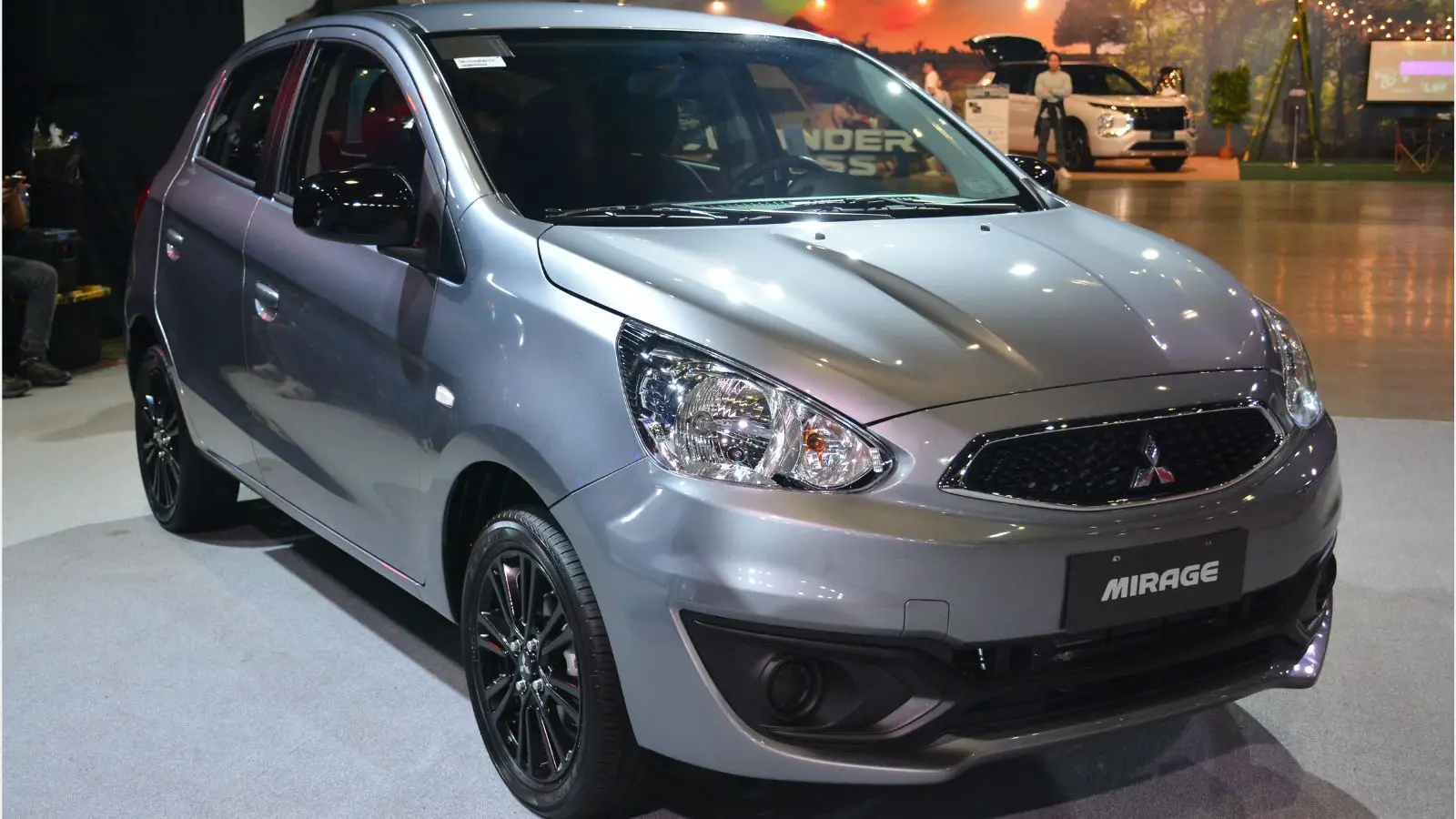
Boomers have been quick to criticize this vehicle for several reasons. Firstly, its lack of space falls short of the practicality standards that Boomers typically seek, especially when it comes to accommodating passengers and cargo. Secondly, the Mirage’s performance is modest, which might not satisfy Boomers who appreciate a more spirited driving experience. Lastly, its perceived lower build quality compared to some other models on the market has raised concerns among Boomers who desire a vehicle that feels solid and well-crafted.
